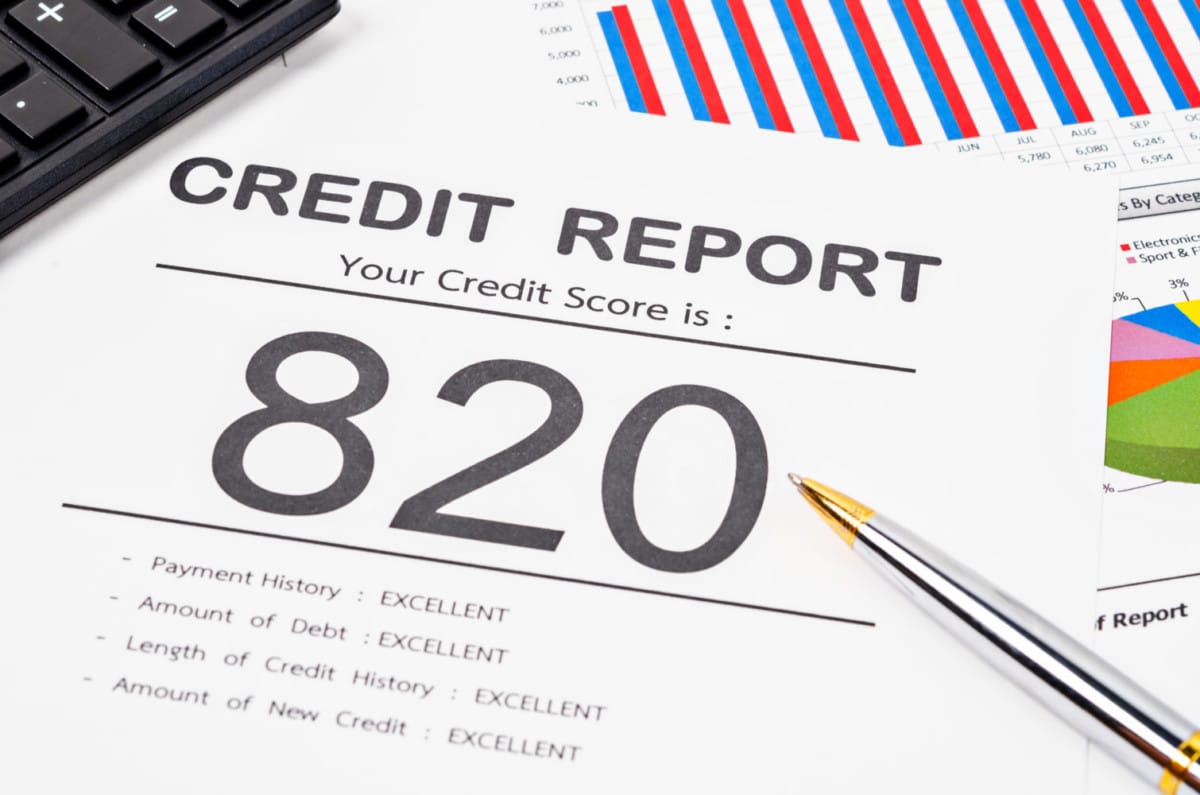 In a prior blog post, we talked about what home buyers should know about interest rates, and how rates impact home buying power. Home buyers should also know how their credit score affects the mortgage interest rate they’ll be offered!
In a prior blog post, we talked about what home buyers should know about interest rates, and how rates impact home buying power. Home buyers should also know how their credit score affects the mortgage interest rate they’ll be offered!
You cannot control the market direction of interest rates, but you can control the strength of your credit score. The higher your credit score, the lower the mortgage interest rate you’ll be offered.
A positive change to your credit score can improve your chances of landing a lower interest rate, and make a noticeable difference in your monthly mortgage payment!
Here are some examples published by The Motley Fool. Please note, these calculations were based on the mortgage rate environment at the time, and do not reflect today’s market conditions.
If you have a credit score in the 760 to 850 range, and you’re borrowing $200,000 using a fixed-rate, 30-year mortgage, you would qualify for an interest rate of 3.28%. This would create a monthly principal and interest (P&I) payment of $874.
If your score is in the lower range of 630 to 650, your mortgage rate would be significantly higher at 4.87%. This means paying $184.00 more per month, with a P&I payment of $1,058. That’s an extra $2,208 per year!
Improving your credit score will help you get the best mortgage offers, which in turn will save you money over the life of the loan. Here’s a few ways to do it:
Pull your credit history from annualcreditreport.com. If you disagree with any item in your history, file a dispute with the reporting agency. Be prepared to supply proof of payment or other documentation to support your case. Allow 30-60 days for the disputed item to clear.
Address any collection accounts. Having just one account in collection can cause serious damage to your credit score. To have the strongest negotiating position with a collection agency, be prepared to make a lump-sum offer. You can also ask to have the item completely removed from your credit report. Not all collection agencies will do this, but it doesn’t hurt to ask.
Pay down your credit cards and any other lines of credit. The higher debt load you carry, the more it pushes down your credit score. Generally, you shouldn’t use more than 10% to 30% of your available credit limit.
Avoid opening new lines of credit that you do not need. Having several new credit accounts can hurt your score. In contrast, seasoned, well-kept accounts actually help your score. For this reason, you shouldn’t open new accounts unless you really need them, and you shouldn’t close old accounts, even if you seldom use them. You can find more credit tips by visiting MyFico.com.
Looking for more home buying guidance? Find an Exclusive Buyer Agent in your area today! Your EBA can refer you to local, trustworthy mortgage lenders, and help you throughout each step of the home buying process.

